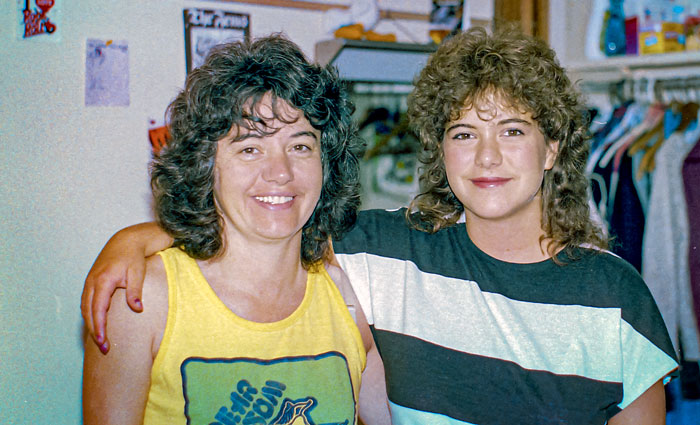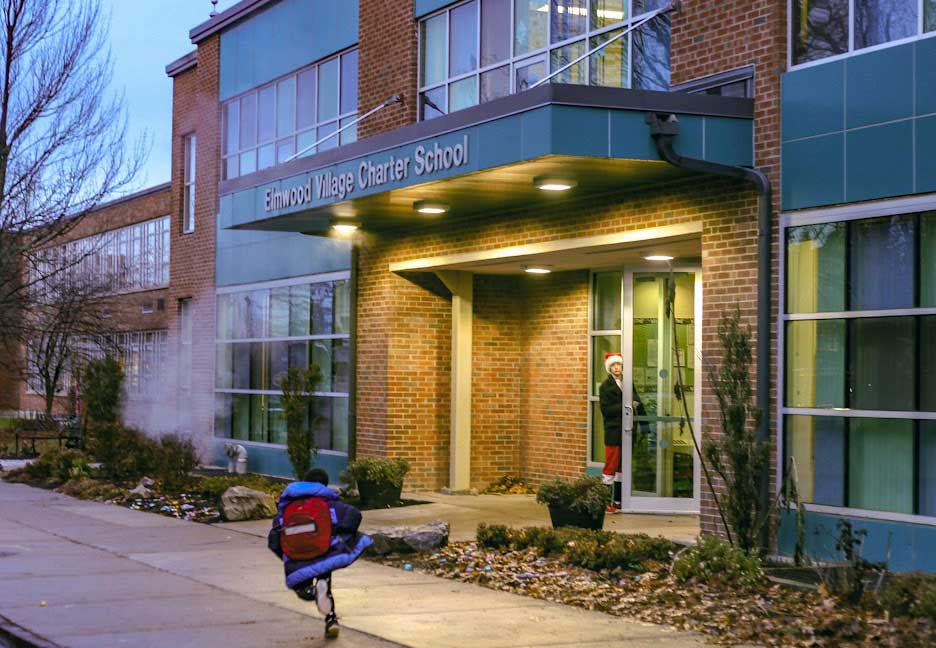Reading and Writing at EVCS, part 4

Our Complaint Against EVCS – Reading and Writing, part 4
This sections outlines how EVCS failed to adequately teach reading and writing • I will post the report in six installments • This is part 4 • If you would like to read the dang, long pdf version please do so by clicking here
During the March CSE meeting, I learned that my son couldn’t read. While I knew he struggled, the teachers did not provide any testing or reveal the extent of the problem until six months into the school year. Recently, I listened to the podcast “Sold a Story,” which described my son’s situation exactly. The journalists criticized the programs used by EVCS, such as The Writers Workshop, leveled reading programs (Raz Kids), and the 3-cueing method of guessing words based on the first letter, context, and pictures (which happened in 2nd grade). These programs are not only ineffective, but also divisive, particularly for struggling readers. Phonics instruction, the only proven method of teaching reading, was limited at EVCS and was further limited by the pandemic. Programs like Raz Kids give the illusion of children reading, but in reality, they are only guessing and memorizing. Following the return to full time instruction, EVCS purchased the phonics-based reading program Really Great Reading.
After I removed my son from the classroom, I requested the use of the Really Great Reading app. I assumed it was set to his individual reading level, but the digital instructor for third grade informed me that no one in the building knew how to individualize it. The app was set to “grade level,” which meant that if a student was not yet at that level or had surpassed it, the program was useless to them. My son’s special education teacher did not provide individualized phonics instruction using the Really Great Reading program and continued to heavily rely on Raz Kids. This affected his ability in all other subjects. As he was unable to productively participate in class, his behaviors escalated.
I enrolled him into tutoring at Sylvan Learning. Despite repeated failed spelling tests and dismal test scores that she administered, his special education teacher dismissed Sylvan, a proven and highly effective phonics-based tutoring program, as too tech based and not how children read (which is again not backed by science). At Sylvan, after eight months at three hours a week, my son jumped 2.5 grade levels in reading and is on track to achieve his grade level by the end of the year. Because the teachers at Stanley Falk know how to operate and individualize their school’s phonics-based reading curriculum, my son is now reading, earning high marks and is currently on their Merit Roll, which only fuels his desire to do more. His teacher informed him yesterday he is on track this grading period to be on the Honor Roll.
What a difference a special education program can make in a child’s life.
I enrolled my son in Sylvan because several parents at EVCS informed me that the school was not effectively teaching their children to read and they had sought out tutoring. The report “Sold a Story” confirms that reading levels at schools such as EVCS are often determined by a family’s wealth rather than the education provided in the school. This raises the questions: What about all the struggling readers inside EVCS whose parents aren’t affluent? Are they consigned to illiteracy? How many families at EVCS have sought outside tutoring for their children? How have their reading scores improved compared to students who don’t receive individualized tutoring? What is EVCS doing to support struggling readers? Has anyone on the staff learned to use the Really Great Reading app yet?

Greatest Hits of Our Research, Works Cited


More Writing by Lesa Quale Ferguson
about author

Writer + Picture Taker ^ Image-Maker & Design Web-ber #Ma
I don't have a newsletter YET!
I will be inspired to write one if I get enough email addresses.







